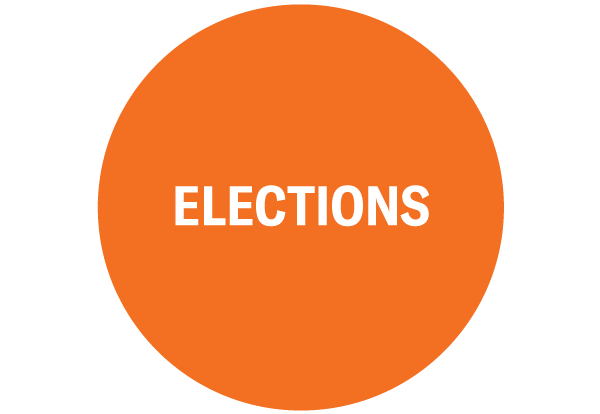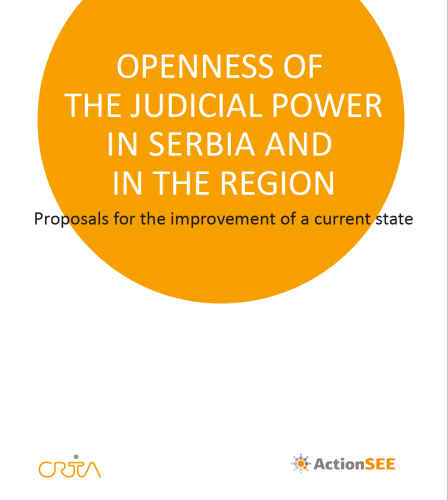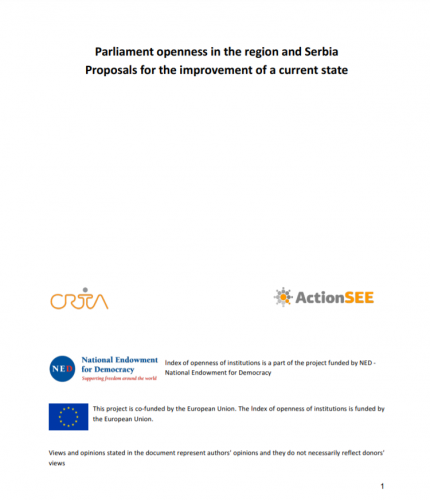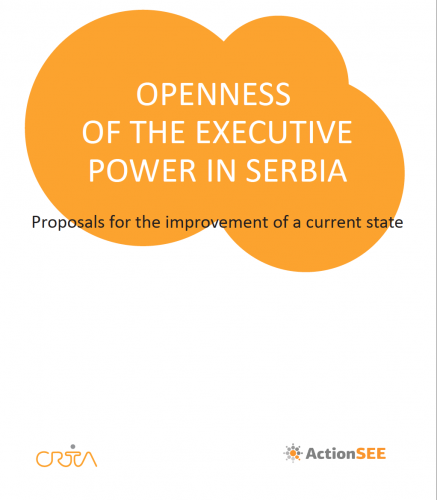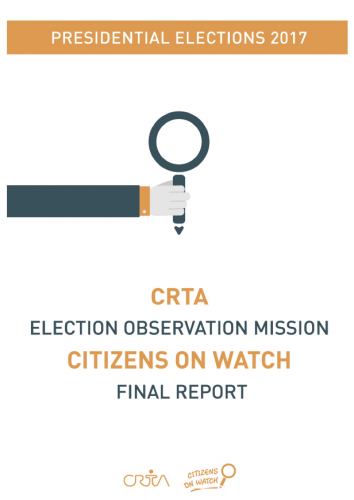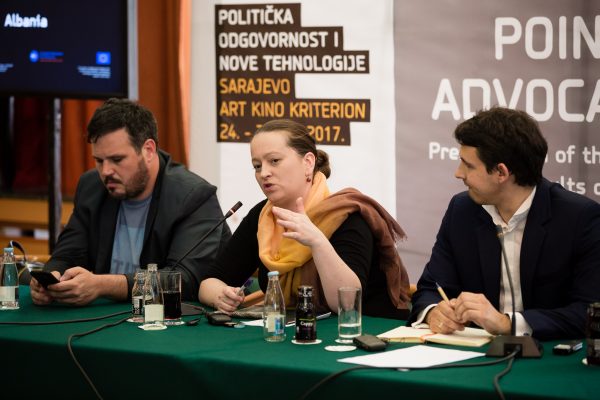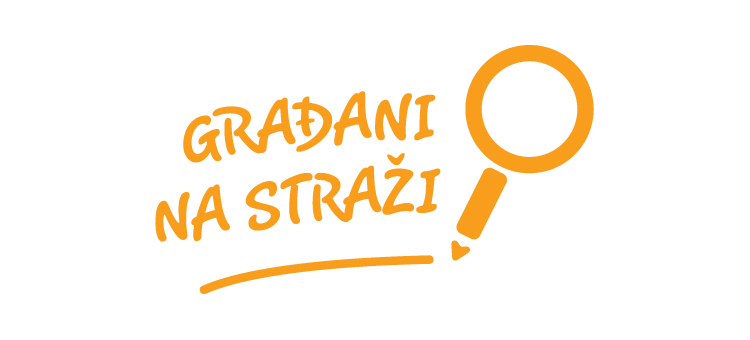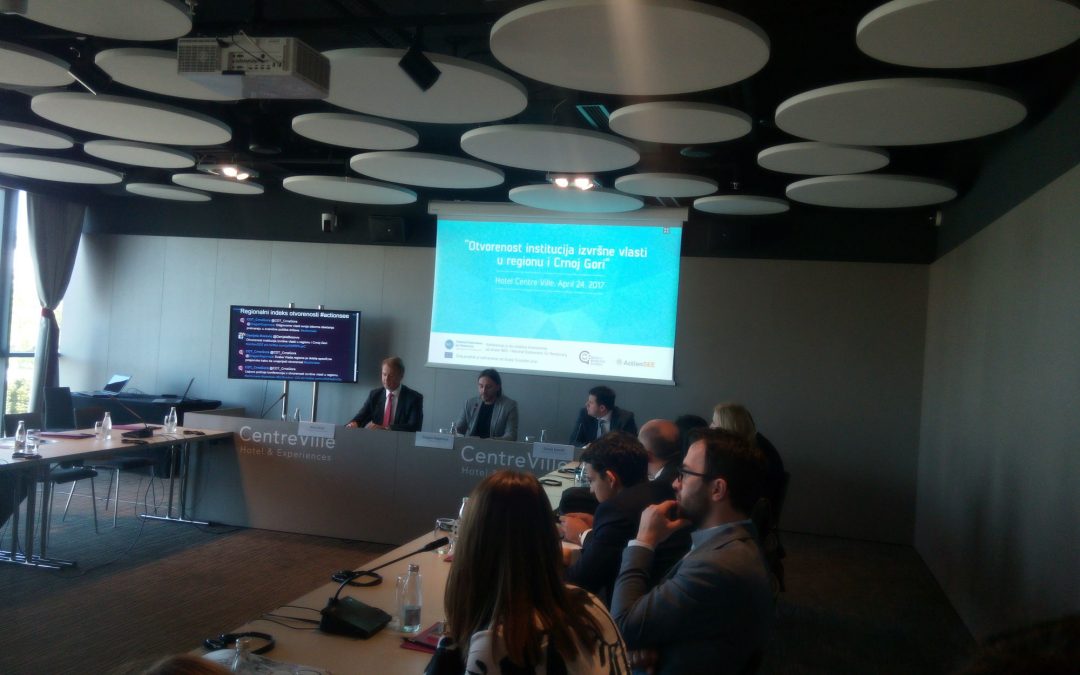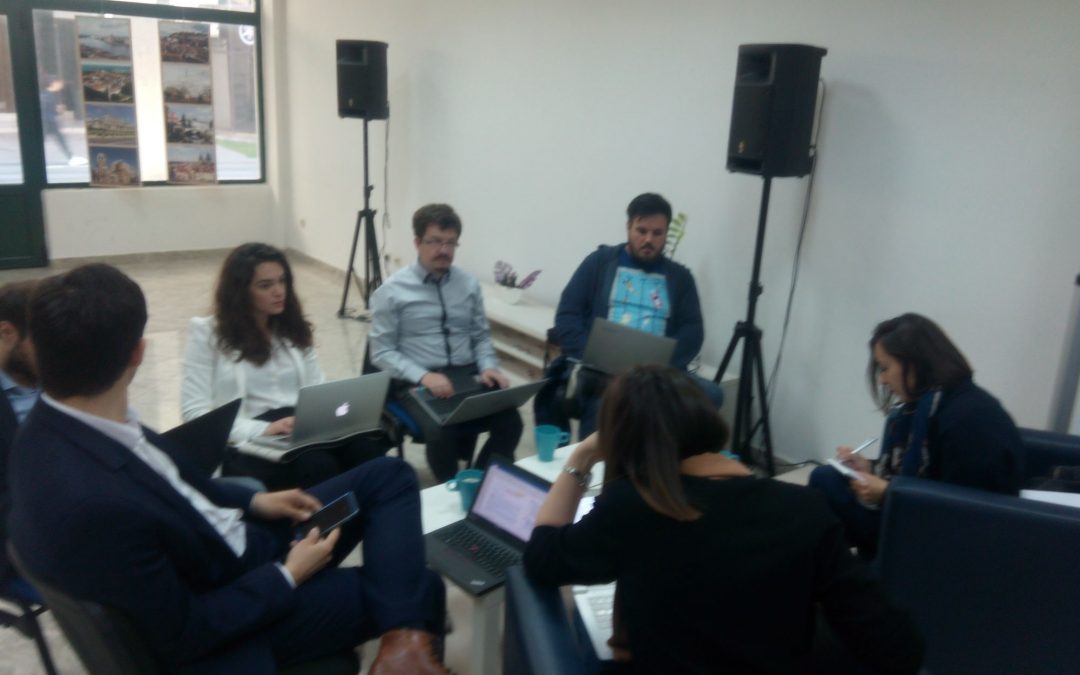Serbia held regular presidential elections on April 2nd 2017. The CRTA observation mission “Citizens on Watch”, monitored the entire electoral process (pre-election period, Election Day and post-election period) on the territory of Serbia, as a local independent non-partisan observer. Please find full report regarding presidential elections 2017.
The Index of openness in SEE region, based on the research conducted by the ACTION SEE network, points to many similarities between the neighboring countries.
Point 6.0 conference that is taking place in Sarajevo, Bosnia and Herzegovina from 24 to 28 May, started with the ACTION SEE Advocacy Day and the presentation of the results and recommendations gathered through the monitoring done for the Regional Openness Index for 2016. The Openness Index is a tool for measuring openness of public institutions, designed to cover broad issues, but always paying attention to their effect on citizens and their quality of life.
Serbians turned out to vote on April 2, 2017 to elect their next president. With elections called only a month before the date, the political stakes were high between then Prime Minister Aleksandar Vucic and a number of opposition candidates.
The press conference titled “Openness of institutions of executive power in the region and Montenegro” took place on April 24, at the CentreVille hotel in Podgorica.
The third meeting of the partners in the project ACTION SEE – Accountability, Technology and Institutional Openness Network in SEE took place on 24 April 2017 at the Info Centar in Podgorica. This meeting was attended by representatives of Metamorphosis Foundation, project coordinator, and the partner organizations Westminster Foundation for Democracy from Great Britaint, Citizens Association Why not? from Bosnia and Herzegovina, Center for Democratic Transition from Montenegro, Open Data Kosovo (ODK) from Kosovo, and Levizja Mjaft! from Albania.
Our topics
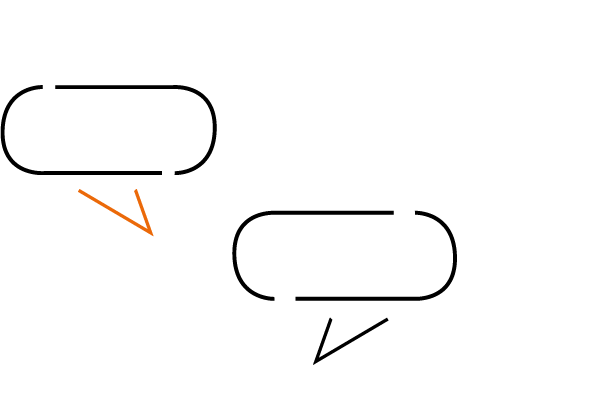
Democratic culture
Because politics is not just for politicians. It is our human and citizen right to participate in the processes of making decisions which influence our lives. A dialogue has no alternative.
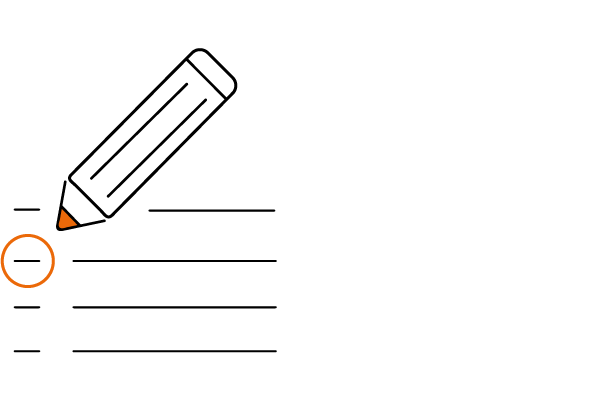
Free and fair elections
Because elections are the pillars of democracy. It is every citizen’s right to decide on whom to give his/her vote in free and fair conditions. Our vote is valuable and it can make a difference.
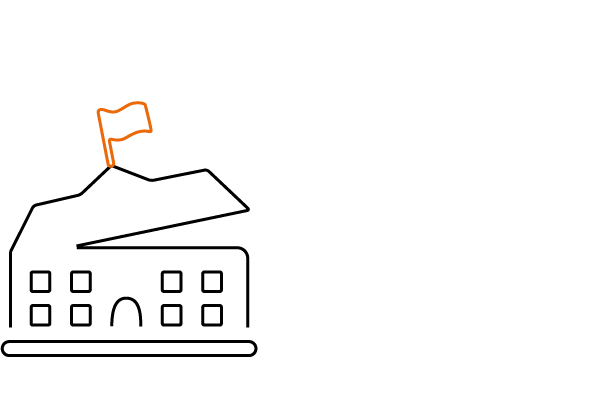
Open institutions
Because institutions serve the citizens. We need strong institutions with integrity which protect the public interest.
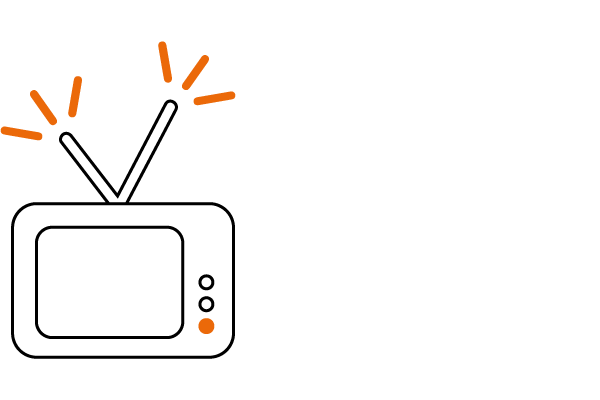
Free media
Because media should ask questions and critically analyse the reality. We need the media which protect the public interest and tackle the needs of the citizens.






